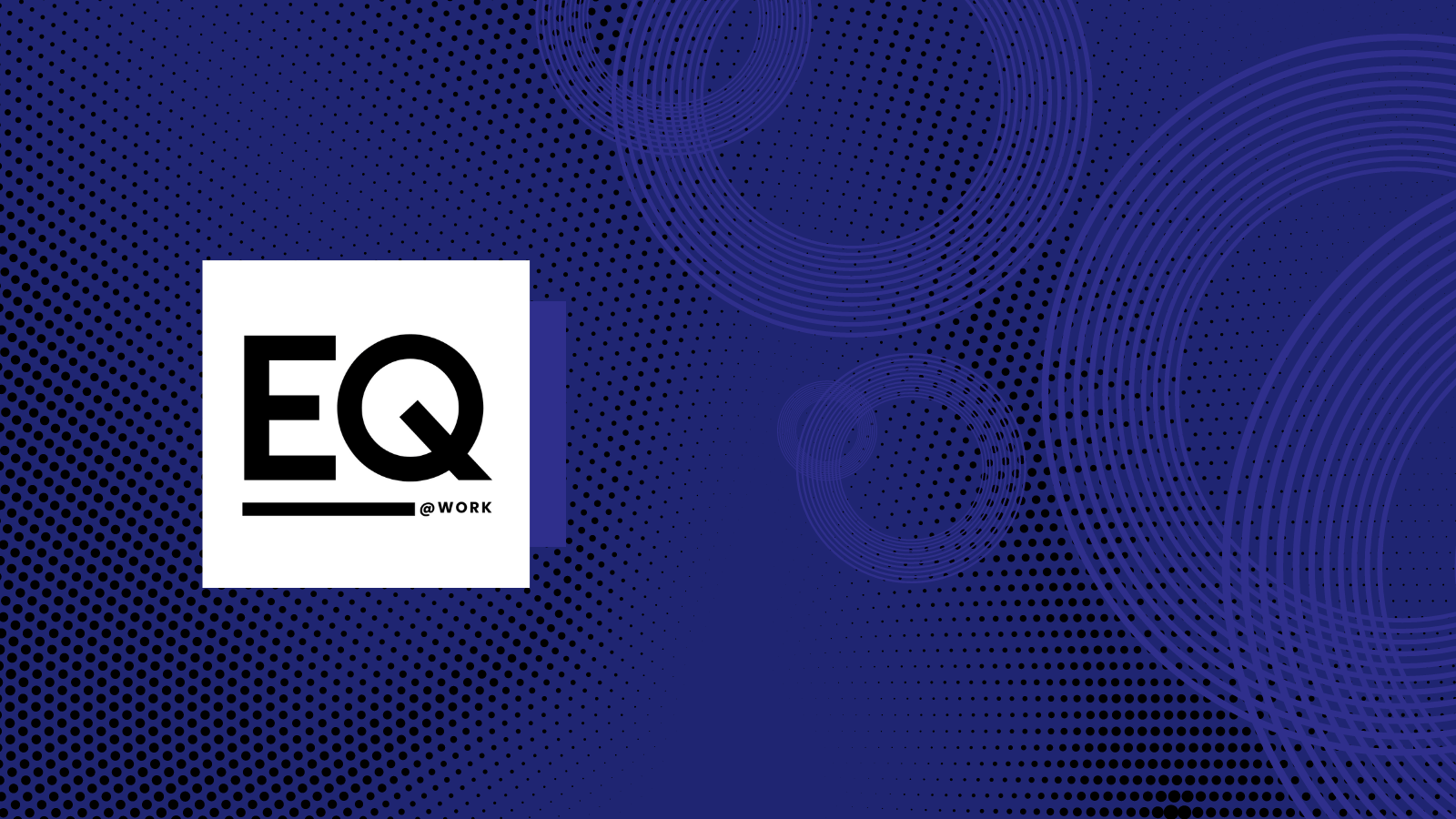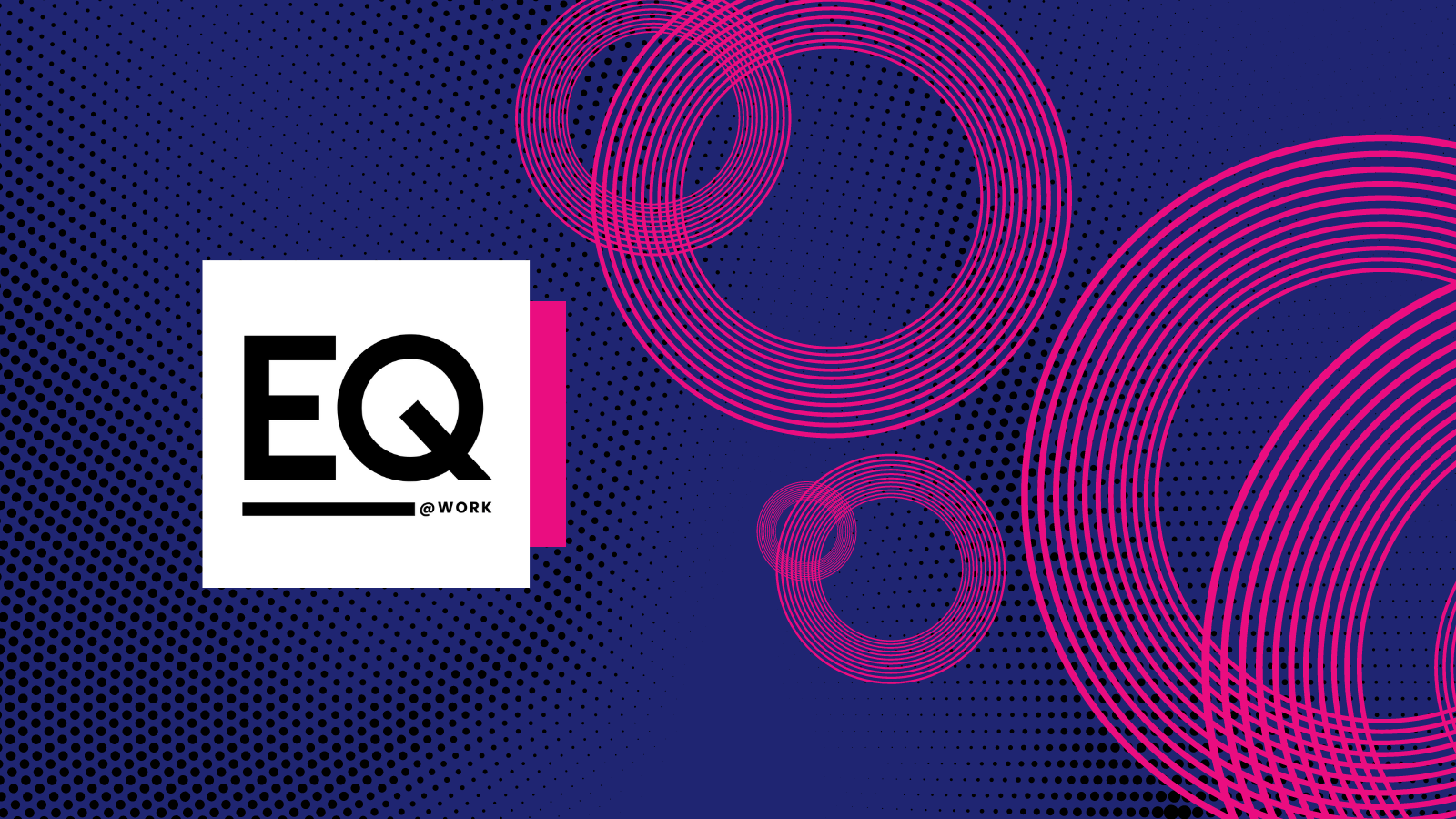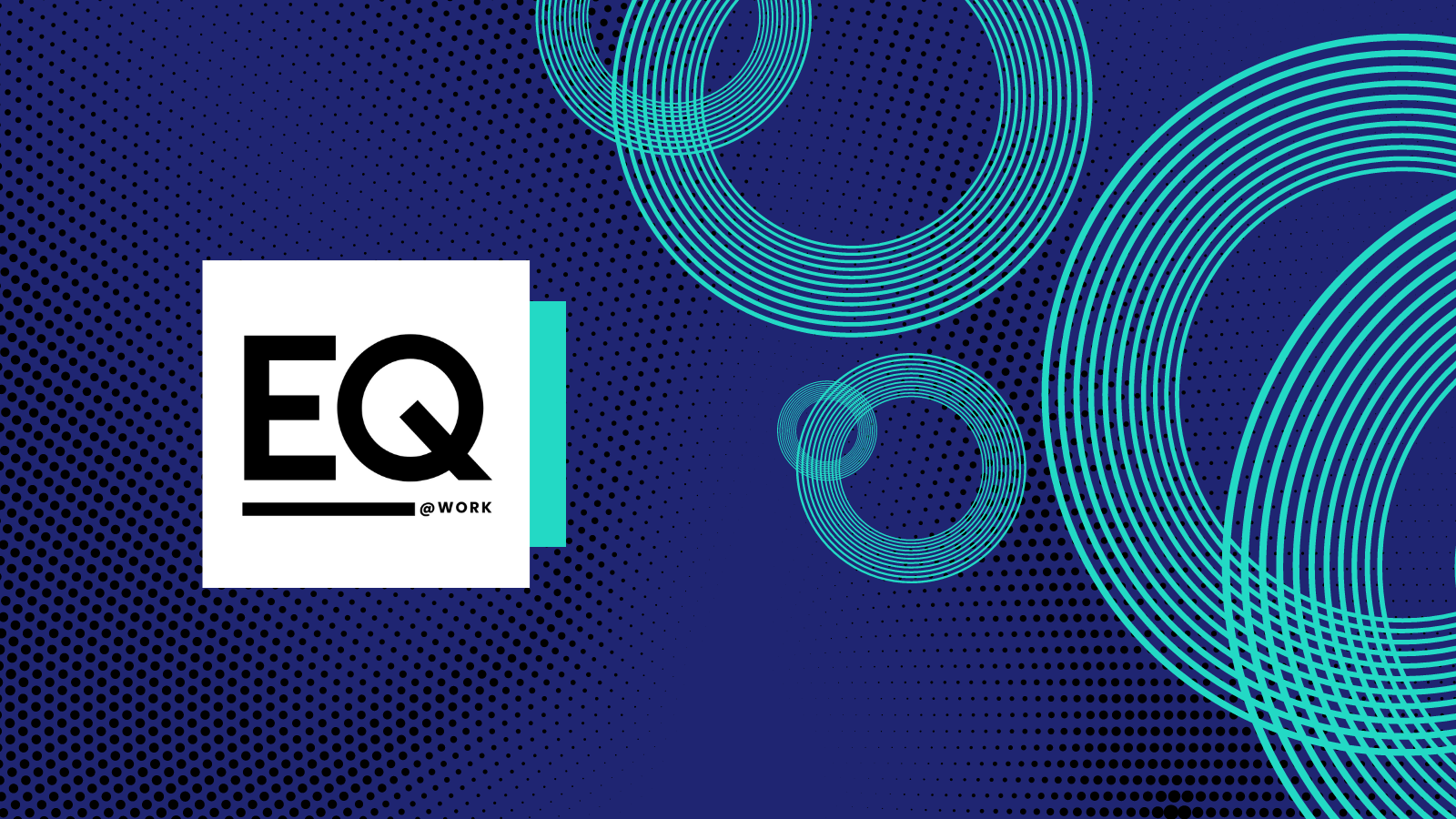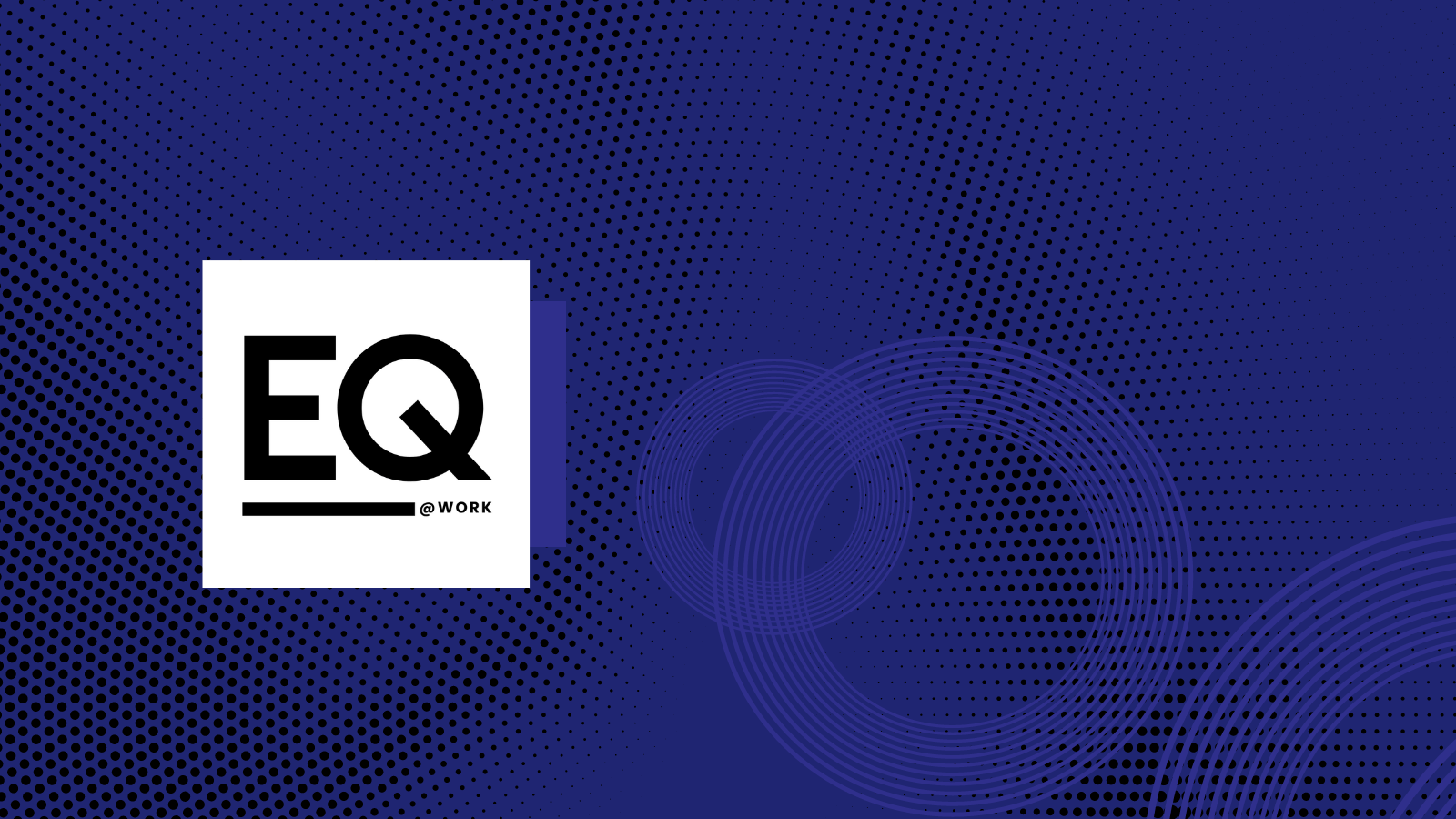The Rise Of Conscious Capitalism
The Power of Capitalism + The Global Human Consciousness Movement
By Gretchen Fox Palmer, CEO of MTO Agency and Founder of Conscious Leadership Collective
There’s a new wave of businesses breaking into the zeitgeist — a profound breakthrough aligning and combining the power of capitalism with the global human consciousness movement.
The next evolution of social media, social business and social impact, the next phase of the new interconnectedness of the world: Welcome to The Rise of Conscious Capitalism.
To be clear, this is not some lofty utopian dream. It’s simply one of those rare moments in time where technology, opportunity and understanding coalesce into a major leap in human history.
We have seen the construct of capitalism gain more and more power over the last 500 years, to the point where it holds an extraordinarily high place in modern society. One could say the system has been given the highest status of anything — above lifestyle, above health, above family, above happiness — and above humanity itself.
While I believe in the benefits of capitalism (Oxford Dictionary definition: An economic and political system in which a country’s trade and industry are controlled by private owners for profit, rather than by the state), I also believe we have reached a clear outcome of the original version and it’s time for an evolution.
The existing iteration has manifested into the current global, sociopolitical and economic environment (a.k.a. crisis) we find ourselves in today:
- 42 people hold the same wealth as 3.7 billion of the world’s poorest (Oxfam International)
- 50% of the world’s population have seen no increase in wealth (Oxfam International)
- 82% of the global wealth generated in 2017 went to the most wealthy 1% (Oxfam International)
- 192 million people are unemployed or underemployed (International Labour Organization)
- 85% of people who have jobs hate their jobs (Gallup)
- An estimated 1.6 billion people are homeless worldwide (Habitat for Humanity)
- Approximately 63% of Americans have no emergency savings for things such as a $1,000 emergency room visit or a $500 car repair (Federal Reserve’s Economic Well-Being of U.S. Households report)
- 815 million people in the world (one out of 10) are malnourished (United Nations Food and Agriculture Organization)
- 1.3 billion tons of food produced (30% globally, and 40% in the richest countries) — gets lost or wasted (United Nations Food and Agriculture Organization)
- One in nine people lack access to clean water and one in three people lack access to a toilet (Water.org)
This is clearly unsustainable. Why on earth would we want to keep going down this path? Let me rephrase: Who is it that wants to keep the status quo?
A colleague I respect recently told me:
When it comes to business, I’m cut-throat and cold-hearted.”
My first thought was, “But why?” Does business really need to be cut-throat?
I’ll tell you why: legacy.
Men, women, companies and our education system have all perpetuated this version of heartless, soulless capitalism since the Industrial Revolution. Not only does it not have to be this way, it frankly cannot continue this way. Without a change, we are marching into deep disaster and this is not hyperbole. A report by a group of scientists convened by the United Nations to guide world leaders, describes a world of worsening food shortages and wildfires, and a mass die-off of coral reefs as soon as 2040 — a period well within the lifetime of much of the global population.
There is a solution, however. A more evolved path is emerging and in fact, is already here.
The new wave of entrepreneurs and executives are leading their companies with passion, purpose, conviction — and increased profitability. As far back as 2013, a Harvard Business Review article showed companies that practice “Conscious Capitalism” perform ten times better than their peers.
Patagonia Founder Yvon Chouinard has built one of the most well-known conscious companies in the world, “becoming one of California’s first Benefit Corporations; donating millions of dollars to grassroots nonprofits; hosting annual trainings for activists in the U.S. and Europe; building global supply chains around better-quality raw ingredients such as organic cotton, traceable down, and sustainably grazed wool; providing on-site childcare at its offices in Reno, Nevada, and Ventura, California; and being one of the most politically engaged companies in the country,” according to Conscious Company Media.
No stranger to speaking plainly on values, Chouinard famously called other leaders in the outdoor industry “a bunch of weenies” who haven’t stepped up. While creating conscious companies takes effort, writer and feminist marketing consultant Kelly Diels’ beautiful phrase that creating culture is about “tiny acts of doing-it-differently” perfectly applies to the process of creating conscious companies.
The new wave of consumers (notably, Millennials) are making different choices, too. Companies like Patagonia are seeing the payoff in terms of both sales growth and brand loyalty, as Patagonia’s revenue quadrupled in the last ten years under CEO Rose Marcario.
“Doing good work for the planet,” Marcario says, “creates new markets and makes [us] more money.”
Patagoinia founder Chouinard has seen such a success in his values-based approach, in the last few months he delivered a more direct mission: “Patagonia is in business to save our home planet.”
Conscious companies like Patagonia are not an anomaly. Five years ago, when my agency explained to potential clients that we create “values-based businesses,” we were met with a lot of resistance. Now, we have a full roster of ethical, responsible, values-based clients dedicated to creating companies that benefit all stakeholders — and a waitlist. The tide has turned.
Over this time, I have had the great privilege to personally witness what happens when leaders and teams discover their own inner light and greater purpose, and infuse that into their work. When values are at the heart of a business, suddenly capitalism acts and feels completely different. It feeds our starving souls and makes us realize we want and deserve something more for our dollars than we have been sold in the past.
And our employees want more, too. Modern management derives from Industrial Revolution-era business and actively suppresses the individual’s sense of purpose. Unfortunately, as Daniel M. Cable states in Alive at Work, The Neuroscience of Helping Your People Love What They Do, “when people work under these conditions, they become cautious, anxious, and wary.” He continues, “Over time, they begin to believe that their current state is unchangeable, and they disengage from work.” A.K.A., a manager’s worst-case scenario.
Social media and the internet have allowed humans to connect with one another across the globe and share ideas, knowledge and a sense of community. This sense of connection, feeling of belonging and deep personal inner fulfillment are the things humans really desire.
And when we connect with that, when we bring purpose, passion and presence into our work, when we commit to tiny acts of doing-it-differently, and when we intend to create companies, leaders and teams that are integrated on a human level, we create conscious companies. Companies that matter, and will matter for thirty years in the future.
To achieve this means moving beyond external brand touchpoints and siloed social impact programs into a 360-degree lens that fully tackles the company culture, programs, products, materials, processes, policies — and metrics — that make up the full expression of the business.
This year, I will share the insights my team learns, the resources we find and the examples and anecdotes we discover as our agency continues to expand more and more into what has become my life’s work. I invite and encourage you to embark on this journey with your own company by letting your consciousness lead your business and watch the growth in profitability follow.
Let’s create a new age of conscious capitalism together. I am 100% convinced we can do it; just imagine for a second if we did.
Photo: @THANHTUNGO at Unsplash






